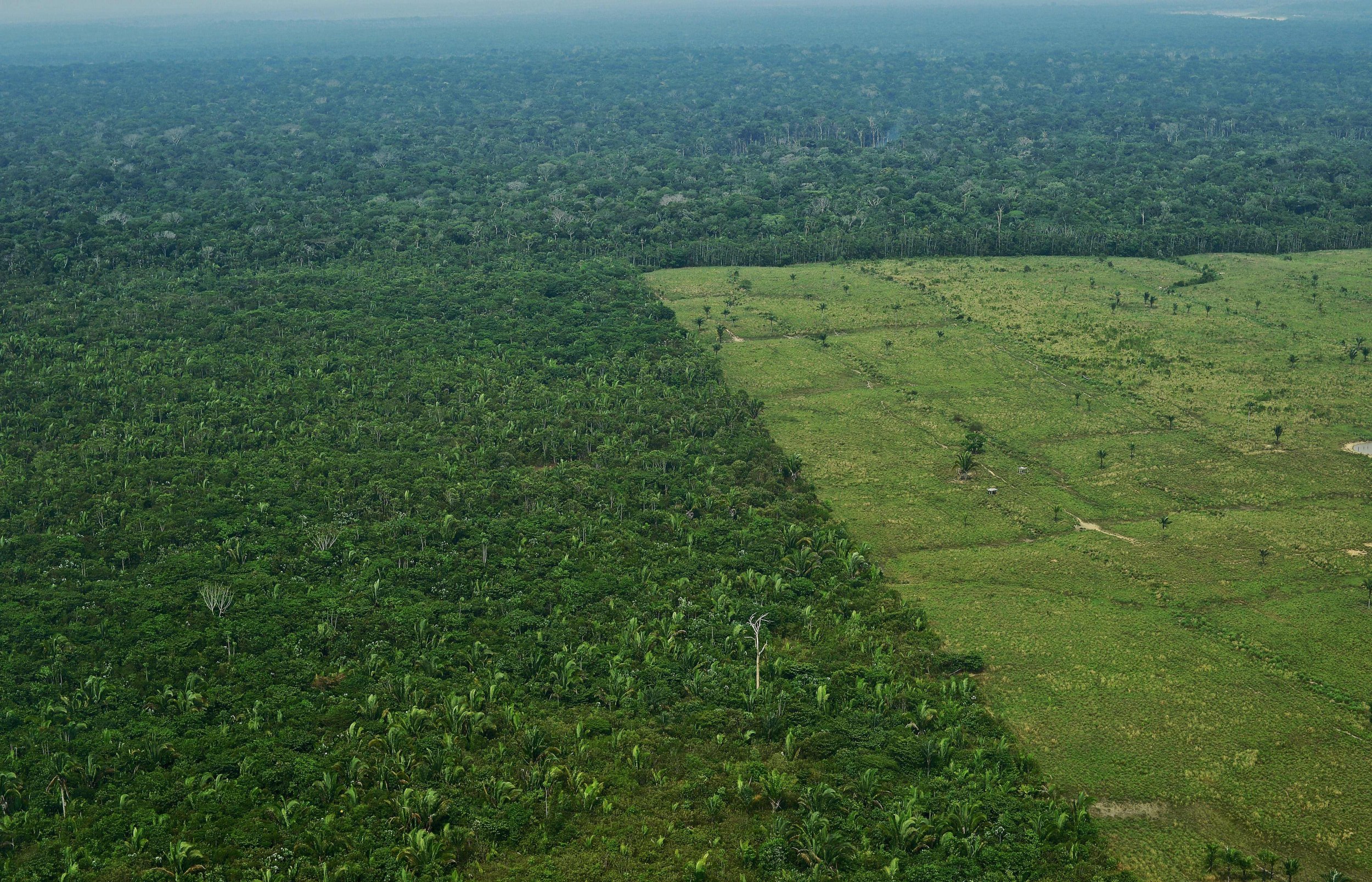
Humans are destroying the natural world at an alarming and unsustainable rate, according to four landmark U.N. reports presented at a meeting of scientists in Medellín, Colombia, on Friday.
This devastation and the decline of biodiversity—the variety of plant and animal life—is so severe, that it is endangering economies, livelihoods, food security, access to drinking water, and the general quality of life of people around the world.
The reports—which were the result of three years of work and involved more than 550 leading experts from more than 100 countries—assessed biodiversity and ecosystems in four regions: the Americas, Asia-Pacific, Africa and Europe-Central Asia. They were approved by the Intergovernmental Science-Policy Platform on Biodiversity and Ecosystem Services (IPBES).
In a world with a booming population that is consuming ever more resources—from food to water—the exploitation of the natural world has become normalized in order to meet demand. But the new research indicates that no region is faring well as a result.
Across the world, habitats are being destroyed, the oceans are being polluted, water sources are running dry and many animal species are dwindling. And in the coming years, climate change will only put more pressure on the world's biodiversity, scientists noted in the reports.
Among many findings, the research found that in the Americas there has been a 50 percent decrease in renewable freshwater per person since the 1960s. In Europe, 42 percent of terrestrial animal and plant species with known trends have declined in population size in the last decade.
If current trends continue, the report predicts that the Americas will lose 15 percent of their plants and animals by 2050 and the Asia-Pacific region will run out of fish stocks for commercial fishing by 2048. Meanwhile, Africa may lose half of some mammal and bird species by 2100.
"Biodiversity and nature's contributions to people sound, to many people, academic and far removed from our daily lives," Robert Watson, chair of the IPBES said in a statement.
"Nothing could be further from the truth—they are the bedrock of our food, clean water and energy," Watson said. "They are at the heart not only of our survival, but of our cultures, identities and enjoyment of life. We must act to halt and reverse the unsustainable use of nature—or risk not only the future we want, but even the lives we currently lead."
Uncommon Knowledge
Newsweek is committed to challenging conventional wisdom and finding connections in the search for common ground.
Newsweek is committed to challenging conventional wisdom and finding connections in the search for common ground.
About the writer
Aristos is a Newsweek science reporter with the London, U.K., bureau. He reports on science and health topics, including; animal, ... Read more
To read how Newsweek uses AI as a newsroom tool, Click here.








